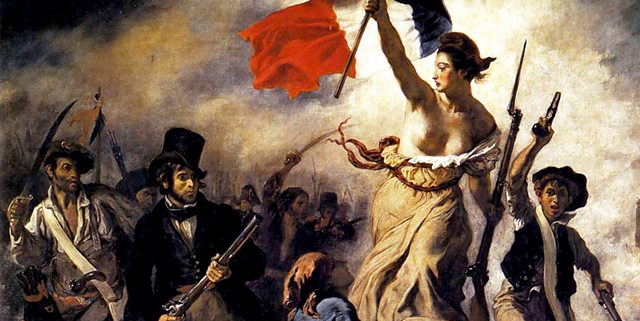Doctors are starting to organise in a manner reminiscent of the first Abbott budget co-payment revolt
doctors are starting to organise in a manner reminiscent of the first abbott budget co-payment revolt and the government is starting to look nervous
The RACGP and other doctors’ groups say the government’s shock budget decision to prolong the Medicare rebate freeze by another two years to June 2020 will destroy the business models of many general practices and lead some GPs to walk away.
RACGP President Dr Frank Jones tells TMR there will be no backing down.
“We’re not going to change our position,” he says. “Obviously the message has not got through to our colleagues in government that general practice really is cost effective.”
The 32,000-member college has launched a campaign – You’ve Been Targeted – to press home to patients the consequences of a fall in bulk-billing, higher out-of-pocket costs and worse health outcomes for vulnerable groups.
“The RACGP wants this campaign to reveal which candidates are publicly committed to protecting Medicare, and which ones aren’t. We want them to pledge their support for an adequately funded world-class health system, including an immediate lift of the freeze.”
The budget measure to claw back $925 million in savings for the government has not only sparked alarm but a sense of betrayal after GPs have “taken it on the chin”, and after Health Minister Sussan Ley had said she wanted to restore indexation as soon as possible.
“There was an implication that the freeze would be lifted after the PCAC (Primary Health Care Advisory Group) report was done,” Dr Jones said. “There is no logical reason why it should not be lifted.”
Dr Ewen McPhee, president of the Rural Doctors Association, says doctors cannot rely on much-repeated arguments about the efficiency of primary care and the false economy of deterring access to healthcare when people need it.
“We can’t keep telling the same old story over and over again,” Dr McPhee said. “Obviously, the government doesn’t give a rat’s.”
He is also urging doctors to speak out publicly – and to each other – about the dilemmas they face as a result of the continued squeeze on incomes.
“People are really torn,” he said. “Particularly in rural areas, you cannot just increase your activity. People living in low-income rural areas simply can’t afford to pay a co-payment. Some practices will be sent to the wall.”
AMA President Professor Brian Owler says the budget measure will be the “tipping point” that forces general practices to transition from bulk billing to charging a fee.
“With this extra two years, it’s very clear that practices can’t hold out any longer.”
According to analysis by Christopher Harrison of Sydney University’s Family Medicine Research Centre, by 2020 a full-time GP would lose $50,000 a year compared with 2014-15 levels.
In that scenario, based on an annual inflation rate of 2.5%, the GP would have to charge non-concessional patients a $14.40 co-payment in 2019-20 just to keep their income on par with 2014-15.
Just over a year ago, in March 2015, then Prime Minister Tony Abbott declared his government’s GP co-payment plan “dead, buried and cremated”, after a successful campaign of opposition led by the AMA and the RACGP.
In April, Ms Ley followed up with an assurance that the rebate freeze introduced in 2012 would also be scrapped once MBS reforms were under way.
“I announced when I talked about the copay being removed that the pause on indexation of rebates would remain, but I wouldn’t like that pause to be there a day longer than it needs to be, and I recognise that essentially what it’s doing is freezing an inefficient MBS structure,” Ms Ley told the ABC. “So that pause will not be in place one day longer than it needs to be.”
Health Department officials have confirmed that the government did no modelling of the likely impact of continuing the freeze, beyond the notional savings of nearly $1 billion, despite the then-looming prospect of a 2 July election.
Deputy Secretary Andrew Stuart told a Senate estimates hearing last week that bulk-billing rates had remained high at 84% of GP services despite the rebate freeze so far, and the department could not foresee any change in bulk-billing or out-of-pocket costs.


